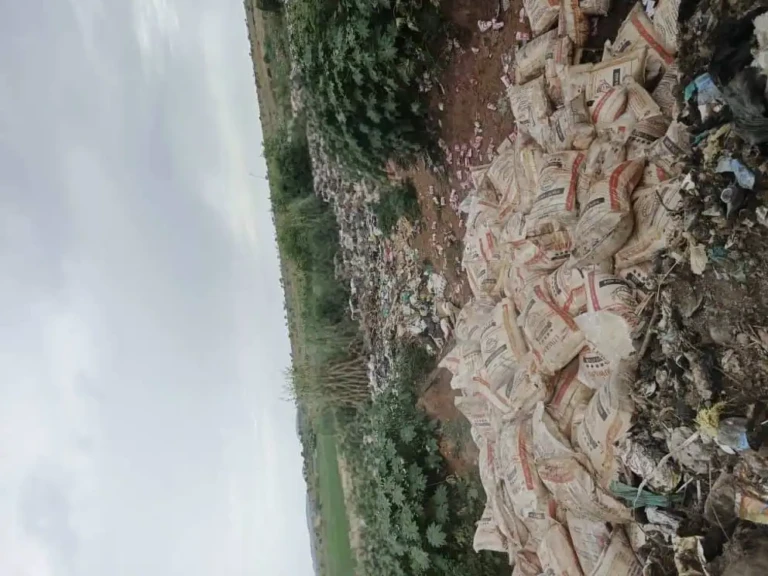
(JUBA) – A new energy sector report has revealed that Sudan’s oil industry is facing a deepening crisis, which could seriously affect the flow of South Sudanese oil to international markets.
The report, titled “Sudan Oil and Gas Strategic Analysis and Outlook to 2032”, was released by OG Analysis and looks at Sudan’s oil production, refinery operations, transport pipelines, and economic risks.
This report is important for South Sudan because the country still depends heavily on pipelines running through Sudan to export its crude oil to the global market via Port Sudan. If Sudan’s infrastructure fails or if political instability worsens, South Sudan’s oil exports and the revenue the country earns from them could be in danger.
The report explains that Sudan’s oil production has dropped significantly. It now produces fewer than 25,000 barrels per day, largely due to weak oil reserves, lack of new investment and years of internal conflict. This is far below the levels required to sustain the country’s energy needs and economy.
However, despite these problems, Sudan continues to make money by allowing South Sudan’s oil to pass through its territory. This is known as a transit route. South Sudan pumps its oil from fields in Upper Nile and Unity States, sends it north via pipelines, and ships it out through Port Sudan on the Red Sea. In return, Juba pays Khartoum a transit fee per barrel of oil.
The report warns that this vital pipeline system is now at risk. The country’s infrastructure is old, under attack and poorly maintained. A key example is the Al-Jaili refinery, Sudan’s main oil refinery, which has been destroyed in recent fighting. With the refinery out of action, Sudan is facing fuel shortages and has to rely on expensive imported fuel.
This situation is not just an energy problem. It is also an economic and political one. The lack of energy security has frightened off major foreign investors, including China National Petroleum Corporation (CNPC) and Malaysia’s Petronas, both of which had significant operations in Sudan’s oil sector.
According to the OG Analysis report, here are the key challenges Sudan faces:
| Area | Current Situation |
|---|---|
| Oil production | Below 25,000 barrels per day; declining due to lack of reserves and investment |
| Refinery operations | Major refinery (Al-Jaili) destroyed; causing fuel shortages and high import costs |
| Pipeline reliability | Aging infrastructure vulnerable to attack; key for South Sudanese crude exports |
| Foreign investment | Decreased confidence due to civil conflict and unstable business conditions |
| Economic dependence | Relies on fees from transporting South Sudan’s oil through its territory |
For South Sudan, the biggest concern is that any disruption to these pipelines could stop its oil from reaching export markets. Oil is the main source of government income in South Sudan. If exports are delayed or blocked for even one week, the country could be seriously affected across public services, salaries and development projects.
The report also offers some recommendations to both governments. It calls for better political cooperation between Juba and Khartoum, new investment in oil infrastructure and efforts to protect the pipelines from further damage. It also warns that without peace and stability in Sudan, foreign investors will continue to stay away, making it harder to rebuild.
OG Analysis also maps out all of Sudan’s oil fields, refineries, LNG terminals, and pipelines, both operational and planned. The report includes forecasts up to 2032, showing expected demand and supply for different oil products like petrol, diesel, LPG and crude oil.
Additionally, the report outlines possible future scenarios. If Sudan continues to decline without international support or political change, the region could face more energy insecurity. On the other hand, if peace efforts and infrastructure investment succeed, Sudan could become a more reliable partner in East Africa’s energy future and help ensure uninterrupted South Sudanese oil exports.
Discover more from Access Radio Yei News
Subscribe to get the latest posts sent to your email.







